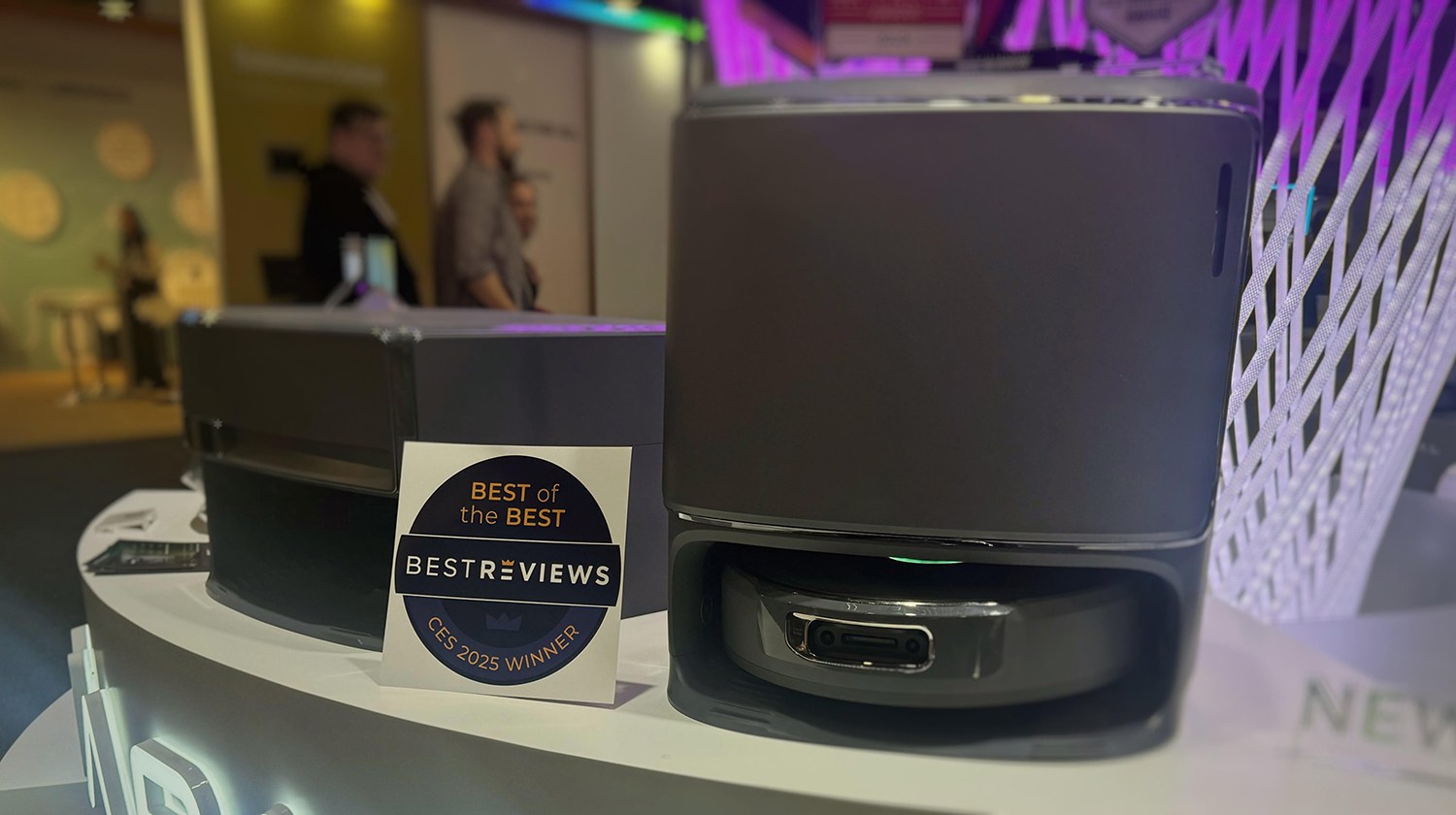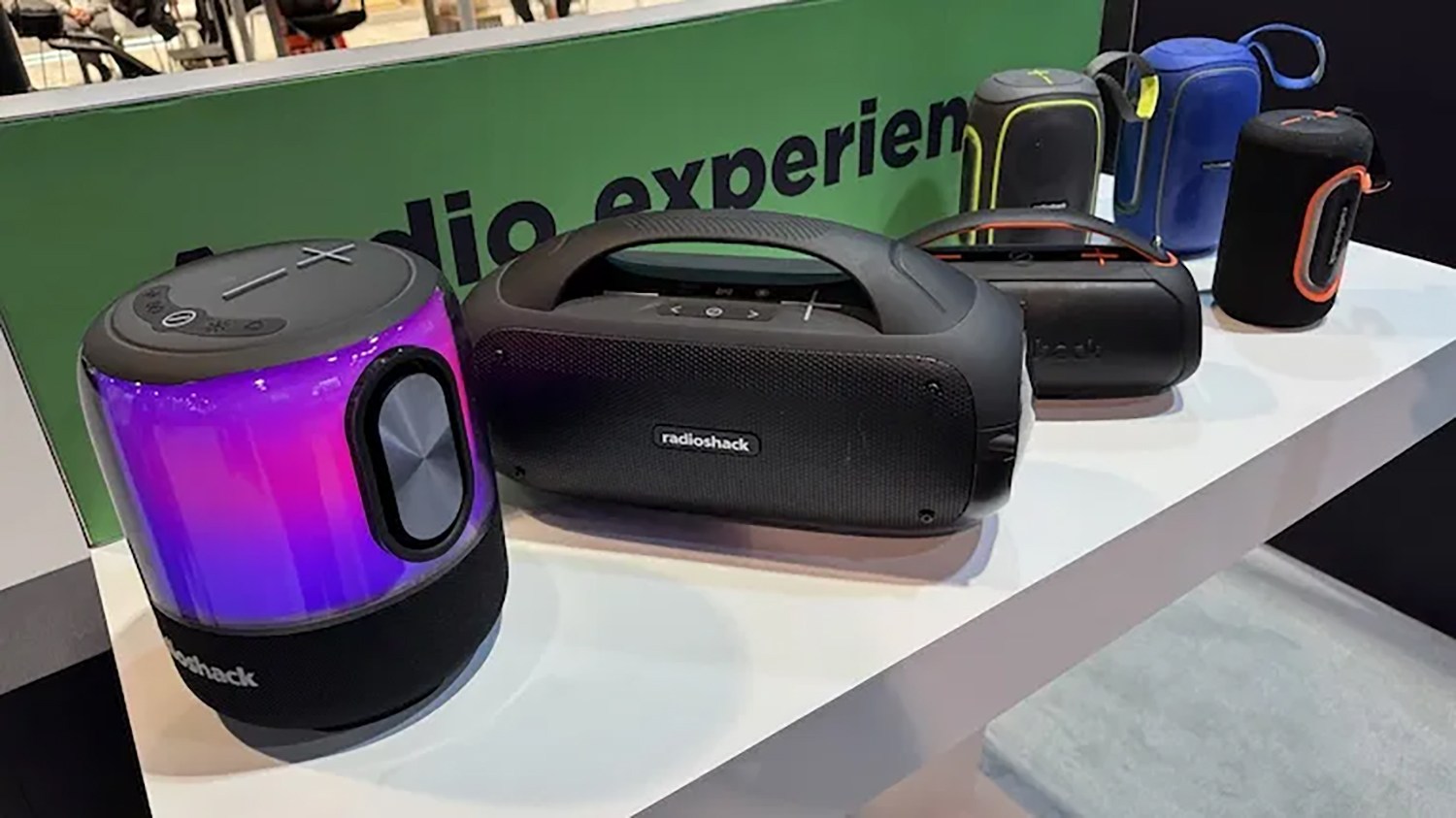PORTSMOUTH, Va. (WAVY) — Election integrity has been called into question as the country’s future will soon be determined by citizens taking to the polls. The conspiracy theories of mass voter fraud has left some concerned about whether the 2024 Presidential Election results will be skewed, especially in swing states like North Carolina.
Ballots have already begun being cast. Early voting finished off strong last week in North Carolina despite recent hits from Hurricane Helene. In fact, the state is seeing a large voter turnout. The North Carolina Board of Elections reported around 3 million votes have been cast thus far.
More than a third of North Carolina’s registered voters have already cast ballots in the 2024 election, according to the state’s board of election.
Mass voter fraud has been part of a campaign argument primarily stemming from right-leaning groups and leaders including former President Donald Trump.
Recently in Virginia, the U.S. Supreme Court paused a federal judge’s ruling to reinstate 1,600 voters that were removed from Virginia’s voters rolls. Those removed were speculated to be non-citizens after being cross checked with the Department of Motor Vehicles, Virginia Gov. Glenn Youngkin has said.
This is just one of several national attempts from Republican leaders to call election integrity into question.
But does this fear have any merit? Is it even possible? How likely is mass voter fraud? While it’s not impossible to commit voter fraud, elections are a multi-layered system that make fraud a relatively rare occurrence.
However, there are several areas in which the system could potentially be exploited on a small scale.
Fraud during Natural Disasters
The devastation brought by the onslaught of Hurricane Helene impacted some voting sites in Western North Carolina. Despite this, the region was still able to open 76 of their planned 80 early voting sites in the 25 counties that were impacted, said Karen Brinson Bell, executive director of the North Carolina State Board of Elections.
Those counties have additional support provided to them in order to ensure they can cast their ballots in this election. Registered voters in the 25 affected counties can request an absentee ballot to any address where they can receive mail. If they had to relocate to a different county, but are registered to vote in one of the 25 counties, then they can submit their ballot to any voting site in North Carolina.
This differs from those outside the affected counties as they would be required to return or mail their ballot only to the county they are registered.
In the wake of natural disasters, tend to come an increase in fraud, according to the Federal Trade Commission. Scammers try numerous methods in order to gain personal information from individuals that could then be used in a number of ways.
Fraud in registration
The first registration deadline was Oct. 11, and same-day registration was available only during early voting.
An online registration form asked voters for their driver’s license number and the last vote digits of a social security, although no physical copy of the documents is required in order to register.
However, there are several ways the state board of elections could catch potential fraud at the registration level. The easiest way is if the information an individual provides does not match the correct person’s records including the name, driver’s license and social security.
If someone manages to have stolen a voter’s personal information and got that far. The North Carolina State Board of Elections also sends a voter verification card mailed to the voter’s address after their records are cross checked. This could potentially also raise red flags if someone gets a verification card for a process they didn’t initiate.
“There’s always the risk of us being able to cross check information that on that registration form,” Bell said. “Because we send a verification card, that person is going to get notified and if they did not change their registration, or register to vote, then they certainly have the ability to reach out.”
The board of elections also receives information such as records of deaths, making it more difficult to impersonate someone who’s dead in order to vote on their behalf.
However, the National Voter Registration Act of 1993 prohibits the removal of voter rolls within 90 days of an election, meaning someone who died within that period could still be in the voter rolls.
Ultimately, anyone wanting to impersonate a deceased person risks a cross check with death records.
Fraud in Voter Rolls
North Carolina Election Officials have released that they have removed 750,000 ineligible registrants since the start of 2023, according to a Sept. 26 release.
This includes around 130,700 deceased, 290,000 moved within the state, 19,000 felons, etc.
Due to a recent law that went into effect on July 1, requiring the identification of registrants excused from jury service due to non-citizenship, the State Board is working to code this specific removal reason into the database.
Any removals for non-citizenship reasons could have fallen into the category of “Request from voter” or “Other.” Data showed the removal of around 2,300 at the “Request from voter” and 980 for “Other.”
After the clerks provided that excuse from jury duty data to the State Board, it matched them with North Carolina’s voter rolls. Nine individuals matched statewide as being non-citizens.
“Always remember that there’s a lot of questions around voter rolls and their integrity but having someone — potentially having someone — that’s ineligible on those rolls, does not mean that you have voter fraud in terms of the casting of the ballot,” Bell said.
There isn’t enough data that supports the notion that non-citizens are casting ballots in masses in election. Which is not to say it’s never occurred in smaller instances. In 2020, 19 individuals were charged with voter fraud in North Carolina who were not U.S. Citizens.
Fraud with Photo ID
In North Carolina, those that aren’t able to have a photo ID can fill out a Photo ID Exception Form that includes reasons someone may not be able to obtain a photo ID. This includes natural disasters, transportation issues, etc.
Another reason to get an exception form is not having the necessary documents to receive an ID.
If a voter is going in person, the exception form requires the individual to sign affirming they are the registered voter, but doesn’t require social security, driver’s license number, etc. If someone is submitting their ballot by mail, without an ID, then they must provide a driver’s license number and last four of their social.
These forms of ballots are considered “provisional ballots,” however, they are guaranteed to be counted if the form is “completed truthfully.”
“If they didn’t verify then we have additional documentation that we require them to present through the Help America Vote Act procedures,” Bell said.
Fraud in Absentee/mail-in
North Carolina actually did have a case of absentee voter fraud in the 9th Congressional District in the 2016 general election and 2018 primary, according to NBC.
The election interference resulted in the implementation of a new election. The “ballot harvesting” was led by Leslie McCrae Dowless Jr., who worked in the 2018 congressional race for then-Republican candidate Mark Harris.
In order to request an absentee ballot, an individual has to provide social security, date of birth and driver’s license number before they are ever issued the ballot.
The ballot can be returned by mail, to the county board of elections, or an early voting site.
“Another person of a voter’s choice may assist if the voter cannot return their ballot themselves due to disability,” the website reads. “County boards of elections keep a detailed log of who drops off absentee ballots. There are no ballot drop boxes in North Carolina.”
The same voter cannot vote twice. If an absentee ballot is submitted by a voter or on their behalf, poll workers will not allow the voter to cast an in-person ballot.
In order to reduce the risk of someone stealing information to request an absentee ballot to steal someone’s vote, data on who has requested absentee ballots is confidential until Election Day, or until the ballot is returned by the voter.
“This reduces the ability of third parties to attempt to unlawfully interfere with a voter’s ballot, as they will not know who has requested a ballot or when any person who has requested a ballot will receive it,” the website reads.
Conclusion
While there are ways for someone to slip through the cracks, to commit fraud on a massive scale is unlikely to go unnoticed by the State Board of Elections. Each system may have its flaws and loopholes, however, cross checking as well as other form of verification processes make fraud difficult on a drastic scale.
“To do anything nefariously — maliciously to try to take the vote from another person is really going to have to be a very orchestrated thing,” Bell said.
Overall, the number of investigations conducted are “very very small.”
“The reality is that we still want to see more voter turnout and that’s where we need to put our energy and recognize, you know, that people — if they aren’t even willing to turn out to vote then most people aren’t willing to put forth the effort to try and undermine the system,” Bell said.
Continue to check WAVY.com for updates.










































































































